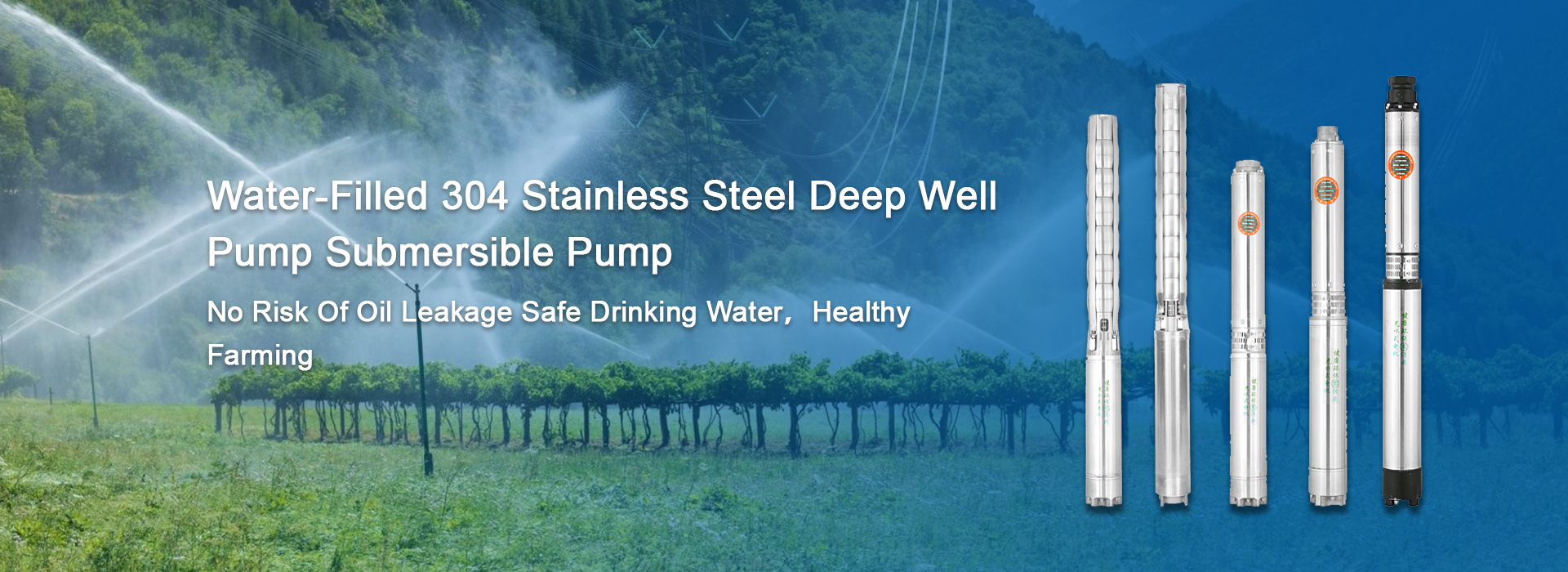Nov . 11, 2024 00:34 Back to list
Efficient Deep Well Pump Solutions for Sustainable Irrigation Practices
Deep Well Irrigation Pumps Enhancing Agricultural Productivity
Irrigation is a critical component of agricultural productivity, especially in arid and semi-arid regions where water scarcity can significantly affect crop yields. Among the various irrigation methods employed by farmers, deep well irrigation pumps have emerged as a popular choice for efficiently accessing groundwater. This article explores the importance, functionality, and benefits of deep well irrigation pumps in modern agriculture.
What are Deep Well Irrigation Pumps?
Deep well irrigation pumps are mechanical devices designed to lift water from deep underground aquifers for agricultural use. These pumps are typically installed within boreholes that can extend hundreds of feet deep, reaching water levels that are otherwise inaccessible with traditional surface or shallow well pumps. They come in various configurations, including submersible and vertical turbine pumps, each designed to cater to specific farming needs.
How Do They Work?
The working principle of deep well irrigation pumps is relatively straightforward. When the pump is activated, it creates a pressure differential that allows water to be drawn from a deep aquifer and transported to the surface. In submersible pumps, the motor is located below the water level, making them efficient for drawing high volumes of water. Vertical turbine pumps, on the other hand, feature a motor located above the water, connected by a shaft that extends down to the impellers submerged in the water.
The choice between these pump types depends on various factors, including the depth of the water source, the required volume of water, and the specific irrigation needs of the crops being cultivated. Farmers need to conduct careful assessments to determine the most suitable pump for their conditions.
Benefits of Deep Well Irrigation Pumps
1. Access to Groundwater One of the primary advantages of deep well irrigation pumps is their ability to access groundwater that is not available through surface water sources. This is particularly beneficial in regions experiencing prolonged drought conditions or where surface water is inadequate.
deep well irrigation pump

2. Increased Crop Yields By ensuring a consistent supply of water, deep well irrigation pumps contribute to improved crop health and higher yields. Farmers can irrigate their fields more efficiently, allowing for better growth conditions, especially for water-intensive crops.
3. Sustainability Groundwater can be a more sustainable water source compared to surface irrigation. Deep well systems can help manage water use more effectively, reducing waste and promoting the conservation of vital water resources.
4. Automation and Precision Modern deep well irrigation systems can be integrated with advanced technologies, such as sensors and automated controls, to optimize water application. This precision irrigation reduces water consumption and minimizes wastage, further enhancing sustainability.
5. Versatility Deep well pumps can be used for various applications beyond agriculture. For instance, they can provide water for livestock, irrigation for gardens, and even for residential purposes, making them a versatile investment for rural communities.
Considerations for Farmers
While deep well irrigation pumps offer numerous benefits, farmers must also consider a few crucial factors before installation. The initial investment costs can be significant, including drilling the well, purchasing the pump, and installation expenses. It is essential to conduct a thorough cost-benefit analysis and evaluate the long-term sustainability of groundwater extraction.
Additionally, proper maintenance of pumps and regular monitoring of groundwater levels are vital to prevent over-extraction, which can lead to depletion of aquifers. Farmers must strike a balance between their water needs and the health of their groundwater resources.
Conclusion
Deep well irrigation pumps play a pivotal role in modern agriculture, enabling farmers to harness groundwater efficiently and sustainably. By providing a reliable water source, these pumps facilitate increased crop productivity, promote sustainable practices, and offer versatile solutions for various agricultural needs. As water scarcity continues to be a pressing challenge, investing in reliable deep well irrigation systems will remain crucial for the future of food security and agricultural sustainability.
-
Submersible Water Pump: The Efficient 'Power Pioneer' of the Underwater World
NewsJul.01,2025
-
Submersible Pond Pump: The Hidden Guardian of Water Landscape Ecology
NewsJul.01,2025
-
Stainless Well Pump: A Reliable and Durable Pumping Main Force
NewsJul.01,2025
-
Stainless Steel Submersible Pump: An Efficient and Versatile Tool for Underwater Operations
NewsJul.01,2025
-
Deep Well Submersible Pump: An Efficient 'Sucker' of Groundwater Sources
NewsJul.01,2025
-
Deep Water Well Pump: An Efficient 'Sucker' of Groundwater Sources
NewsJul.01,2025
-
 Submersible Water Pump: The Efficient 'Power Pioneer' of the Underwater WorldIn the field of hydraulic equipment, the Submersible Water Pump has become the core equipment for underwater operations and water resource transportation due to its unique design and excellent performance.Detail
Submersible Water Pump: The Efficient 'Power Pioneer' of the Underwater WorldIn the field of hydraulic equipment, the Submersible Water Pump has become the core equipment for underwater operations and water resource transportation due to its unique design and excellent performance.Detail -
 Submersible Pond Pump: The Hidden Guardian of Water Landscape EcologyIn courtyard landscapes, ecological ponds, and even small-scale water conservancy projects, there is a silent yet indispensable equipment - the Submersible Pond Pump.Detail
Submersible Pond Pump: The Hidden Guardian of Water Landscape EcologyIn courtyard landscapes, ecological ponds, and even small-scale water conservancy projects, there is a silent yet indispensable equipment - the Submersible Pond Pump.Detail -
 Stainless Well Pump: A Reliable and Durable Pumping Main ForceIn the field of water resource transportation, Stainless Well Pump has become the core equipment for various pumping scenarios with its excellent performance and reliable quality.Detail
Stainless Well Pump: A Reliable and Durable Pumping Main ForceIn the field of water resource transportation, Stainless Well Pump has become the core equipment for various pumping scenarios with its excellent performance and reliable quality.Detail
